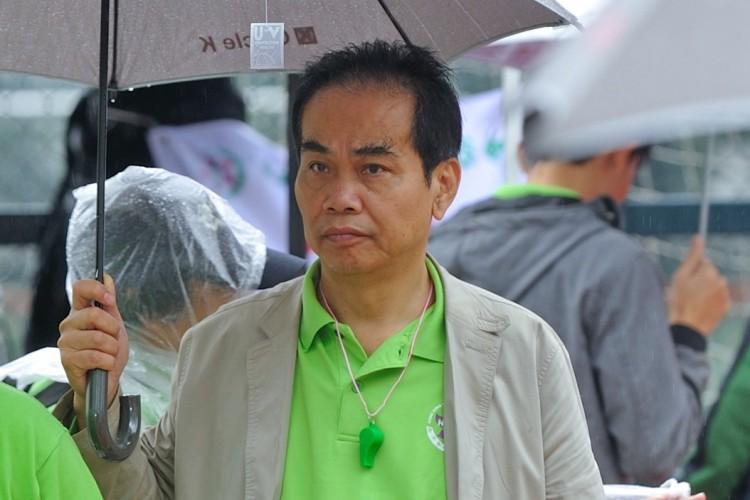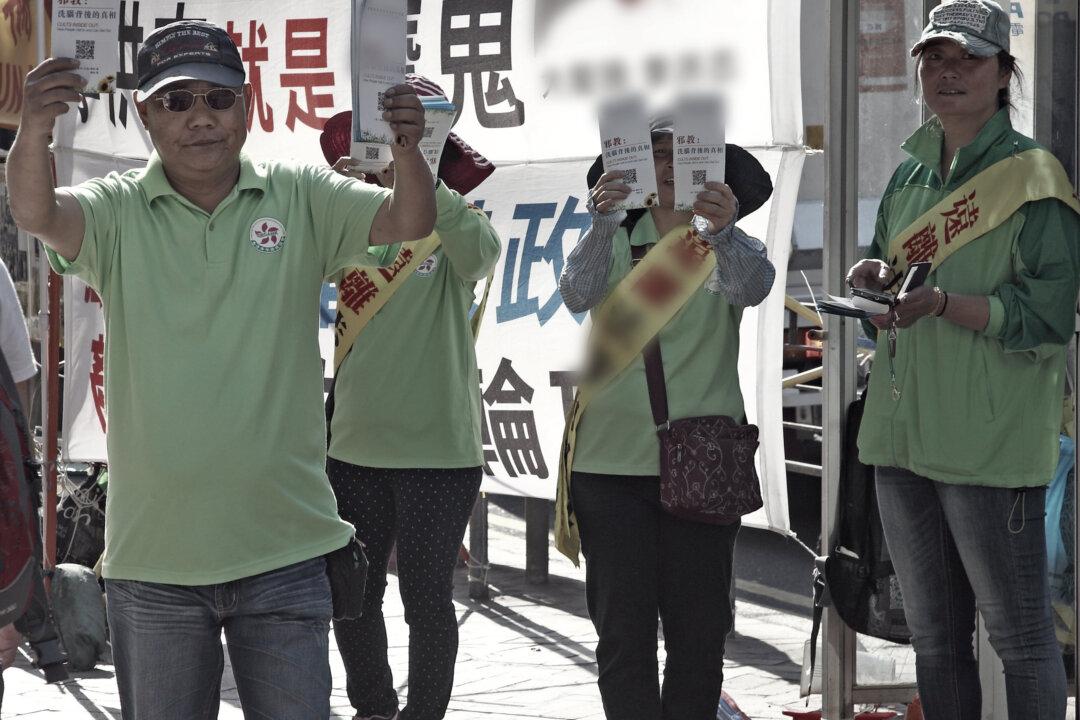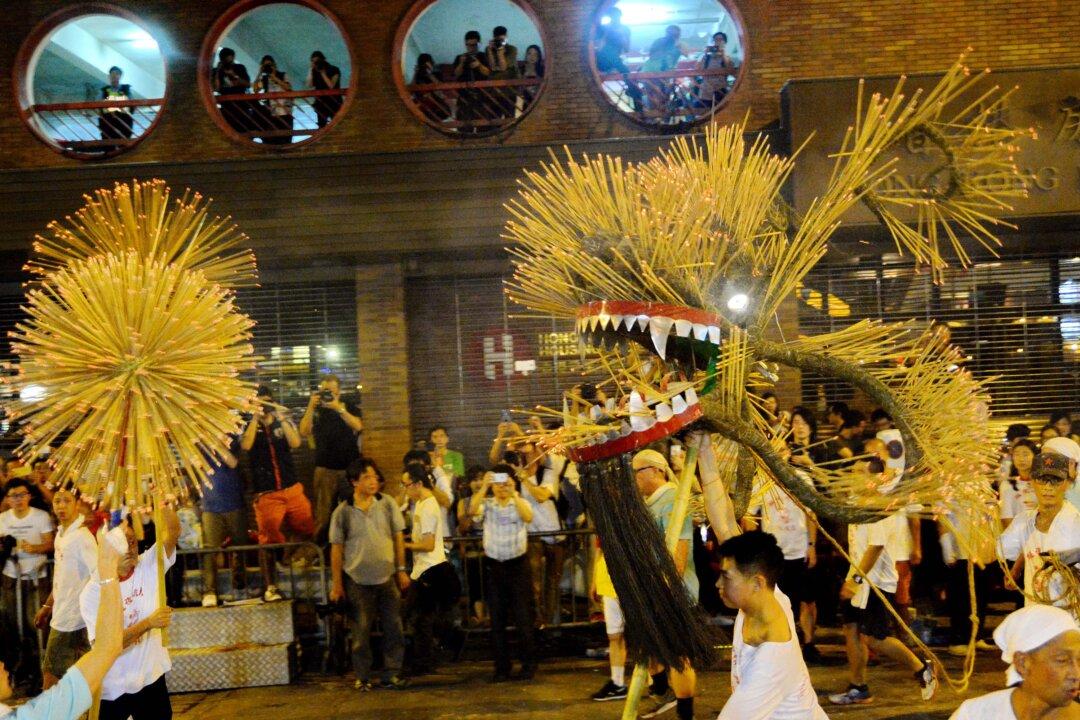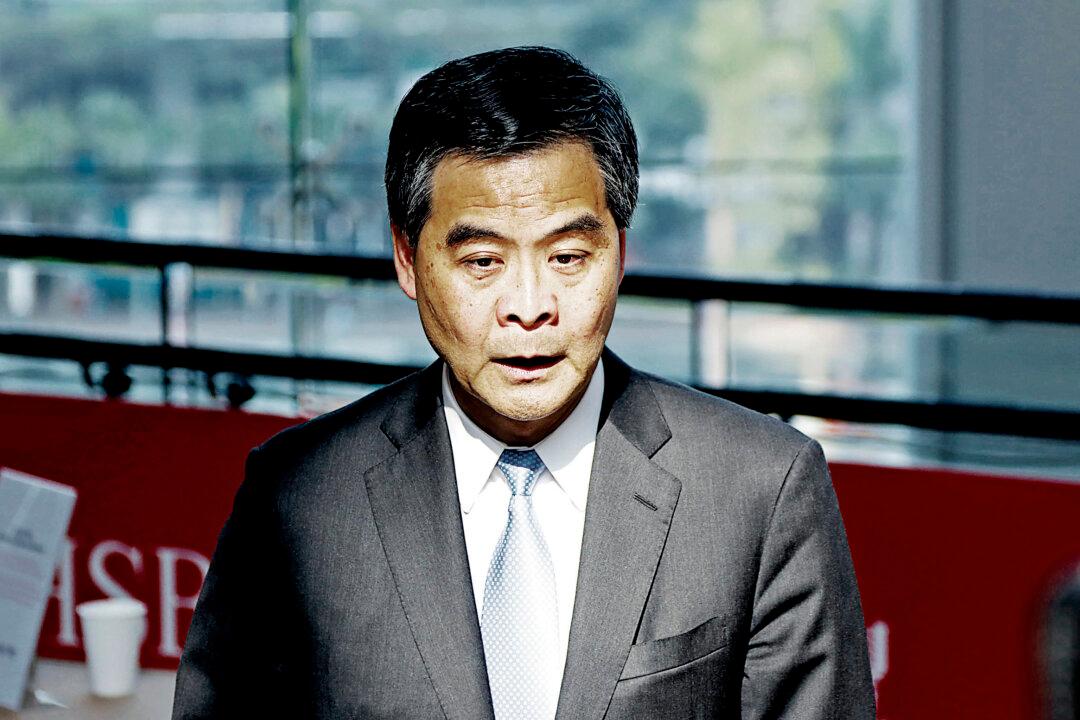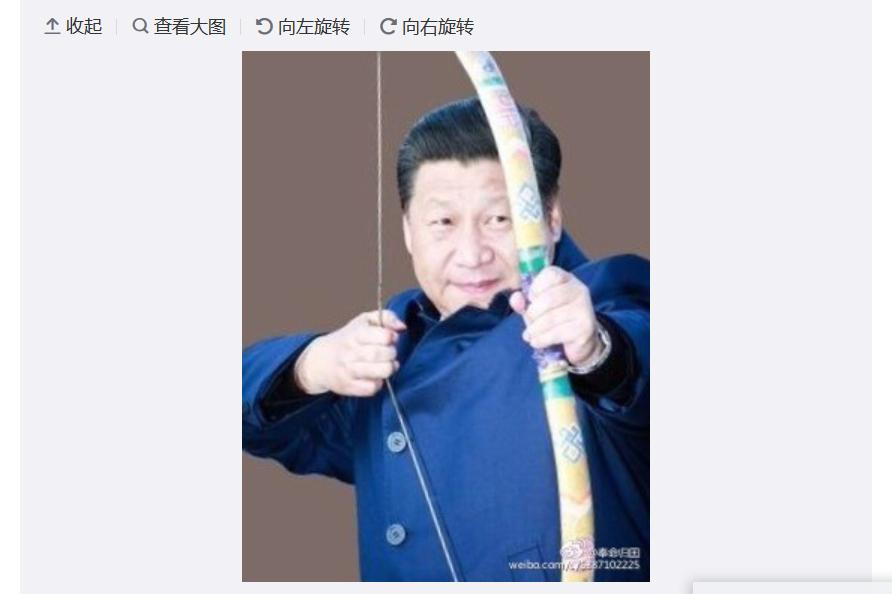When Li Sheng wanted to get a promotion at his company—a Chinese state-owned enterprise operating in Hong Kong—he told a supervisor that he wanted to “make advances politically.” So he wrote a letter begging the leadership to allow him to enter the Party—the Chinese Communist Party, that is—with the claim that he wanted to help the communists carry out “patriotic education” in Hong Kong.
Li (a pseudonym), has now made a bitter renunciation of his Party membership, after seeing the corrupt nature of the organization, and in an exclusive interview with The Epoch Times he revealed the inner operations of the underground Party apparatus in Hong Kong.
The fact that there is an underground Party network in Hong Kong is an open secret—even Hong Kong’s Chief Executive Leung Chun-Ying has been rumored to be an undeclared Party member.
According to dissident media Boxun, there are 180,000 underground Party members in Hong Kong, citing information from the Hong Kong and Macao Affairs Office of the State Council.
Cheng Xiang, the former deputy editor-in-chief of the Chinese newspaper Wenwei Po, believes that the actual number is far greater: as high as 400,000.
And contrary to the widely-held belief, the Party’s underground network has not been a merely pre-1997 endeavor, before Hong Kong’s return to Chinese sovereignty: the Party has been developing its network continuously, from 1997 up to the present, according to Li Sheng.
Li was embedded in the China Resources Company Ltd., a massive Chinese state-owned conglomerate that had a turnover of $43 billion (HK$336 billion) in 2011. It used to be under the supervision of the General Office of the Chinese Communist Party’s Central Committee, and now sits in the State-owned Assets Supervision and Administration Commission, making it a backbone state-owned enterprise.
As is customary with state-owned companies, it has also been working hard to develop its Party membership network, working hand in glove with the Party’s Liaison Office in Hong Kong.
Li Sheng, now 24 years old, immigrated to Hong Kong with his family when he was 10. He became a trainee at China Resources through a school friend.
Soon after he started his training at the company, he noticed that some of the young employees enjoyed speedy promotions: a graduate of the Hong Kong University, who had no particularly notable family background, was quickly made an official of the Huadu district in Guangzhou, and became a deputy developmental level officer at the tender age of 30.
The ones that got fast-tracked through the ranks, Li was told, had “special access.” He was curious, and jealous, and he wanted in.
Money and Status
It was at this point that Li told his supervisor that he wanted to “advance politically.” Two or three months after writing to the leadership at the company, Li was called into Liaison Office for an interview. During the discussions, Li got the sense that they were mainly trying to figure out his family background and why he wanted to join the Party.
They liked what they saw in his membership application, and he was invited back—on four occasions. Each time he saw different young people in the office, some from Chinese businesses, some from colleges and universities, all of them new immigrants from the mainland.
Li Sheng recalled that one of the officials interviewing him was Hung Waiseng, presently the general manager of the Beijing Yanjing Brewery Co., Ltd and, incidentally, one of the leaders of the Hong Kong Youth Care Association Ltd., the Party front group that has launched an information warfare campaign against Falun Gong in Hong Kong.
Officials at the Liaison Office held group and individual meetings with Li and the other applicants to study their “thought activities,” and to evaluate their grasp of recent jargon-laden speeches by Party officials in China. They would also chat about political developments in Hong Kong.
Swearing Before the Red Flag
Two or three months later, in February 2007, Li was told to go to Guangzhou Tianhe Stadium to take oath to join the Chinese Communist Party. Li simply told his family that he was going to visit a friend in the city—he didn’t mention the ceremony—and skipped over on a Sunday. On that sabbath he swore an oath under the red flag, and became a CCP member.
There were over a dozen people there that day, and all spoke Cantonese. Ou Guangyuan, then-Vice Committee Secretary of CCP in Guangdong, and currently the Vice Director of the Guangdong People’s Congress Standing Committee, hosted the ceremony.
After he returned to Hong Kong, Li said, the Liaison Office called for him monthly, meeting at their building or elsewhere. He was also expected to pay a few hundred Hong Kong dollars in membership dues per month.
But those meetings, Li said, were about how to attack pan-democratic groups in Hong Kong, and how to empower the CCP inside those groups. He said that he was initially flush with ideas for how to infiltrate and undermine the democracy activists and Falun Gong practitioners, because he wanted to show his loyalty and gain trust.
A Million Dollars
After he told the Liaison Office that he will begin recruiting more party members, in schools and throughout society, he was given roughly $130,000 (one million Hong Kong dollars) to fund the operation. He received the impression that the Liaison Office was not too careful about how the money was spent, and regularly handed out nearly one thousand dollars (HK$7,000) in cash to those that came to report to the office monthly.
But despite all the money, Li’s attempts to recruit Party members were a miserable failure: nobody wanted to join the Party, and he was rejected and scorned by his peers. When his mother found out what he had been up to, she said he was “insane.”
Originally, Li’s plan was to get money, get members, get promotions, and then repeat. The reality of the situation turned out a little differently: no one was interested, and he began feeling like an idiot.
At around this time there was a massive scandal regarded powdered milk contaminated with industrial chemicals in China, and the regime for months covered it up. The public was furious when it emerged, after the Olympics in 2008. He began to realize that the Party was “full of lies.”
Renouncing the Party
It helped that Li started to read the editorial series “Nine Commentaries on the Communist Party,” published by this newspaper, in 2009. It gave him a strong sense of the nature of the Party, which the Commentaries says has based its rule chiefly on brutal violence and indoctrination and propaganda.
Li also began meeting practitioners of Falun Gong, a spiritual practice that is persecuted by the Party in China. He came to the gradual but sure realization that he had been brainwashed by the Party, that he was wrong about a great many things, and that his whole scheme to join the Party and accumulate wealth and power was absurd from the beginning.
After being an underground Party member for three years, Li decided to quit. He used the website tuidang.dajiyuan.com, run by the Chinese edition of this newspaper, and registered his renunciation with the pseudonym Li Sheng. Along with what he had learnt from the Nine Commentaries, the proximate cause was the Bo Xilai fiasco.
“Did you see in Chongqing that they were singing red songs, and even dared to claim that singing those red songs could cure illnesses?” Li said during the interview. The term “red songs” refers to old, Mao-era CCP paeans, which Bo had attempted to revitalise.
Li said: “When Bo Xilai raised the red flag, even dogs started dancing. Isn’t that nuts? I felt terrified, it was so ridiculous.”
After Li quit the CCP, the Liaison Office still attempted to contact him from time to time, and he kept in contact with them. But after the Wang Lijun incident in early 2012, when Bo Xilai’s deputy attempted to defect to the U.S. Consulate in Chengdu, Li said he “really woke up.”
Through that scandal, Bo Xilai’s involvement in live organ harvesting of Falun Gong practitioners was exposed, and Li realized: “The CCP is so evil. The things that Falun Gong practitioners say are all true, and something as cruel as live organ harvesting is true.”
At that point he shut down communication with the Liaison Office. During the interview, Li said he regretted cursing at Falun Gong practitioners in the past, and said he was sorry.
Funding a Front Group
Among the more topical of Li’s revelations in the interview was this: Last May, an official at the Liaison Office told him that an organization directly funded by the Party, at a high-level, would begin attacking Falun Gong in Hong Kong.
Soon after that, on June 8, 2012, the Hong Kong Youth Care Association (HKYCA) was established. This group immediately began harassing, and in some cases violently assaulting, Falun Gong practitioners and their protest sites.
“I heard that they are supported by the Political and Legislative Affairs Committee, and every member gets paid over 20,000 HK dollars per month,” Li said, referring to the Party organ that controls the security forces in China and was given a budget of over $120 billion in 2013, more than the military.
“Even those in Liaison Office make fun of the Youth Care Association. They’re like a bunch of thugs, resorting to such loathsome methods,” he said. Methods include plastering public spaces around Hong Kong with anti-Falun Gong banners, yelling taunts at Falun Gong rallies, and in one case, plonking themselves down onto a footpath in order to obstruct a Falun Gong-related event.
Li said that he decided to tell his story to inform the people of Hong Kong that an underground Party apparatus does indeed exist in Hong Kong—and that it’s bad news.
Even some of the officials in the Liaison Office are not happy with the CCP, Li said. After he quit the Party, he found that some of the officials there were also making fun of the absurdity of Bo Xilai’s red song campaign, along with a litany of other complaints about the Party. He suspects that many of them have also quit the Party—but that they play along on the surface so they can keep their jobs.
Translated by Aileen Wu and Albert Ding. Written in English by Matthew Robertson.
Read the original Chinese article.
